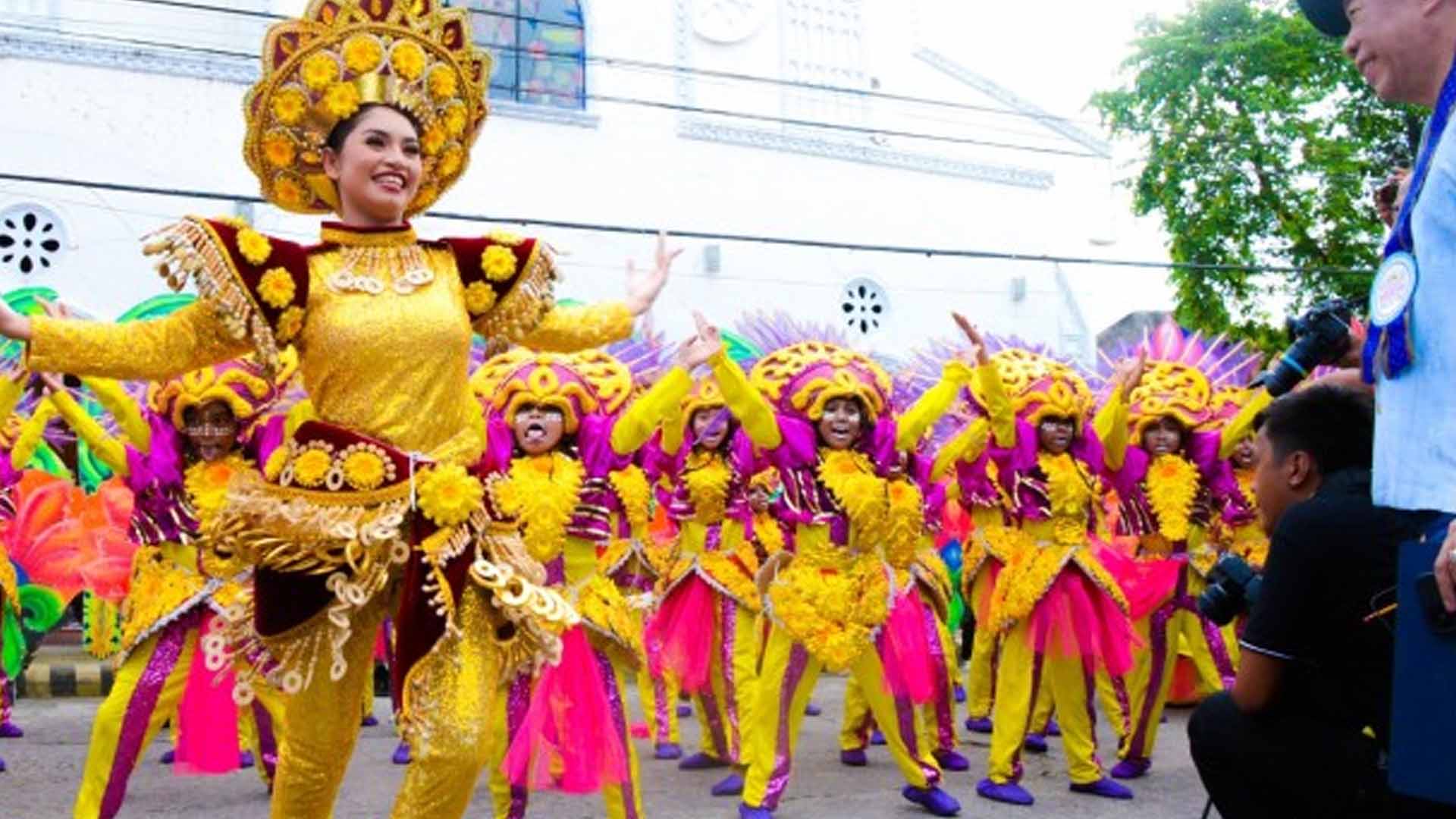The Department of Tourism (DOT) has called on local government units to dig deeper into local history and culture to make their festivals more reflective of their communities’ traditions.
Festivals are not just one big dance competition but a reflection of local culture, traditions, history, and way of life, said DOT 8 (Eastern Visayas) Director Karina Rosa Tiopes.
“But we also need to be sure that whenever we do festivals, we do a little research because we want to be sure that our festival is reflective of who we are as a people, our history, and of course our culture and tradition, and heritage,” Tiopes said in an interview Wednesday.
She emphasized the value of research as more local government units stage more festivals this year after years of restrictions due to the pandemic.
“This is not just a playground demonstration, but this is something that has value to us,” Tiopes said, adding that festivals are major events that draw visitors. “Festival should not only be a display of dances but should be an anchor of culture and heritage and way of life.”
She also lauded local governments for doing cultural mapping that could be used not only for creating a festival but also for creating and implementing programs.
“You can also use this in several other programs that anchor on who we are as people, history, way of life because we should be the first to appreciate ourselves of who we are and the place that we call home,” Tiopes added.
The month of June is the festival month in Eastern Visayas with the staging of the Pintados-Kasadyaan Festival and Sangyaw Festival Parade of Lights as part of the Tacloban fiesta celebration.
In Ormoc City, there is the Piña Festival, showcasing the abundance of the local harvest of pineapple.
This year, two festivals are added to the lists, the Ibabao Festivals of Festivals in Northern Samar that will be held on June 18, and the Kananga Kaanyag Festival in Kananga, Leyte on June 11.
During the initial launch of the Kananga Kaanyag Festival, Mayor Manuel Vicente “Matt” Torres said the festival was a product of cultural mapping conducted in partnership with the National Commission of Culture and the Arts (NCCA).
Torres said Kananga is the only local government in the province with cultural mapping assisted by the NCCA.
“The Kananga Kaanyag Festival is a result of an intensive and comprehensive cultural mapping of the municipality allowing us to create a festival that is culturally and historically accurate, showcasing the rich tapestry of our traditions and customs,” Torres said.
Cultural mapping is mandated under Republic Act 10066 or the National Cultural Heritage Act of 2009 wherein LGUs must identify and collect data on their respective local tourism, cultural heritage, traditions, history, customs unique to the locality, and other sociocultural practices. (PNA)







